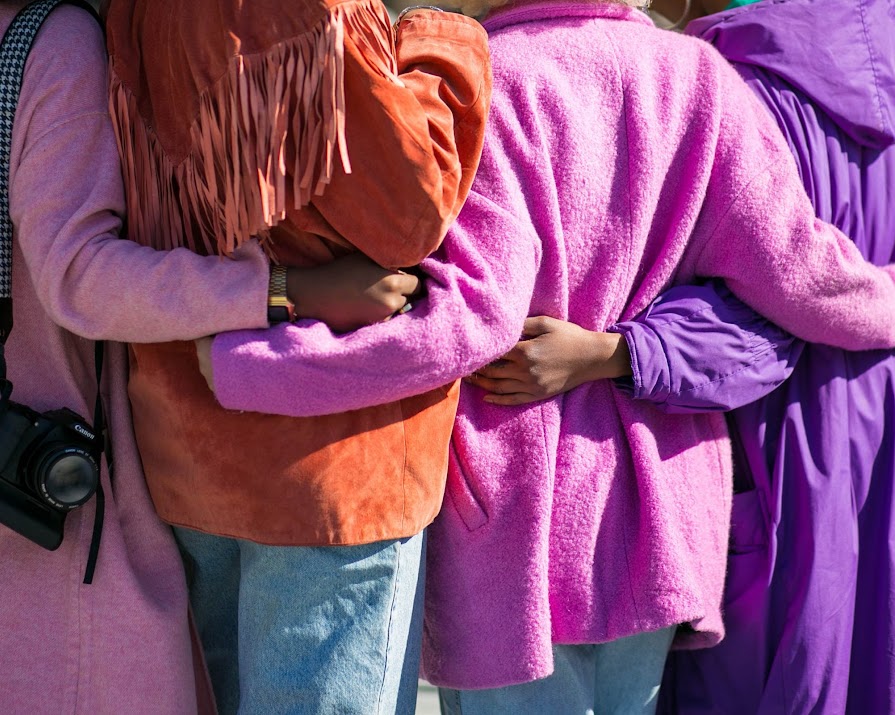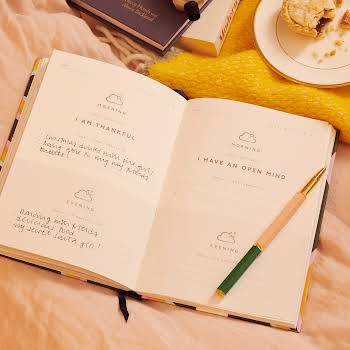
By Niamh ODonoghue
09th May 2018
09th May 2018
Is there anything worse than forgetting the name of the person you’re hugging, mid-embrace? Did I meet this person in a bathroom for five minutes in a dimly-lit nightclub somewhere? Are they a distant relative of some kind? A friends ex? An old work colleague? Is there something wrong with me? Why can’t I remember who this person is?!
I was scolded like a bold child recently for not remembering a person’s name that I’d (apparently) met once, a few months ago. I felt embarrassed because this person was sound enough to remember who I was. At the risk of being unsound, I scanned my mental black book but not a single name jumped out. If, like me, you can remember complex mathematical formulas from Leaving Cert physics, but I can’t remember one person’s name – despite regular communication and nonchalant photo likes on Instagram – you’re not alone. Forgetting names and faces is totally normal, but why do we do it?
Generally, humans are quite good at recognizing faces they’ve seen before. In fact, we have the capability to remember far more than 10,000 faces, according to a mammoth research project undertaken at the Institute of Neurology at University College, London. There’s an evolutionary reason for this. Our complex brains have evolved with a special mechanism for processing facial features which, in theory, is supposed to make recognising facial features quick and easy. What the brain doesn’t do, however, is store names and faces which is why we experience those dreaded moments mid hand-shake where you haven’t an iota who the person is. In a quest to put my memory woes to bed, I scoured the library and internet to find better ways to memorise names and faces. Here’s what I found.
Can you repeat that?
It helps to repeat the person’s name after you’ve met them to fully imprint it into your head. As it turns out, for a random piece of conscious information to go from short-term memory to long-term memory, it usually has to be repeated and rehearsed. Social etiquette insists we exchange pleasantries on first meeting so turn it into an excuse to engage with the person’s name again and embed it into your brain: ‘nice to meet you, Sarah. Those are really great shoes, Sarah’. Also, it helps that people love to hear their own names out loud. So you’ll leave on better terms as well as remembering who they are.
Look closely
Finding a distinctive physical feature on a persons face will help you memorise them, too. Do they have piercings? Unusually-coloured eyes or hair? A prominent dimple? Pay attention and take a second next time you meet someone new to find what makes them unique (without staring at them for too long). For extra memory boost points, try rhyming their name with a feature or something you will remember about them (eg big head Brian).
Find a method that works for you
The general consensus among the IMAGE staffers is that forgetting someone’s face or name leaves them feeling a bit rude and detached. To combat the mortification, they’ve come up with their own way of remembering:
“I try to remember their outfit and associate the name with a colour”, says staff writer Grace. Our account manager Alec Ward prefers to gently ask the person for their second name which, in turn, forces them to repeat their first (this is also a favourite tactic of online editor Dominique McMullan). I like to imagine myself drawing their name into my brain with an invisible pen…but not in a weird in-you-face kind of way. I’m subtle. If all else fails you could try saying their name out loud in a warped accent like Anna Faris in The House Bunny.
There’s a word for it
If you really can’t get your head around remembering people’s names then you might want to consider a more serious condition. Prosopagnosia is the medical term used to describe the gut-wrenching feeling of forgetfulness mid-hello. The condition, also known as ‘face blindness‘, is on the severe end of the spectrum when it comes to forgetfulness. Symptoms could be described as being similar to that of amnesia. To read more about this condition we recommend The Man Who Mistook His Wife For A Hat And Other Clinical Tales by Oliver Sacks.
Using memory hooks are a necessary and convenient way to avoid coming across as rude or obnoxious. These small cues can help you build better, more meaningful relationships. Memory lapses are normal, though, and everyone experiences them, so we shouldn’t feel guilty when the occasional tip-of-the-tongue experience strikes. Hopefully, this information means that you’ll understand that if we ever meet for the second time and I don’t remember your name, I’m not being rude.























